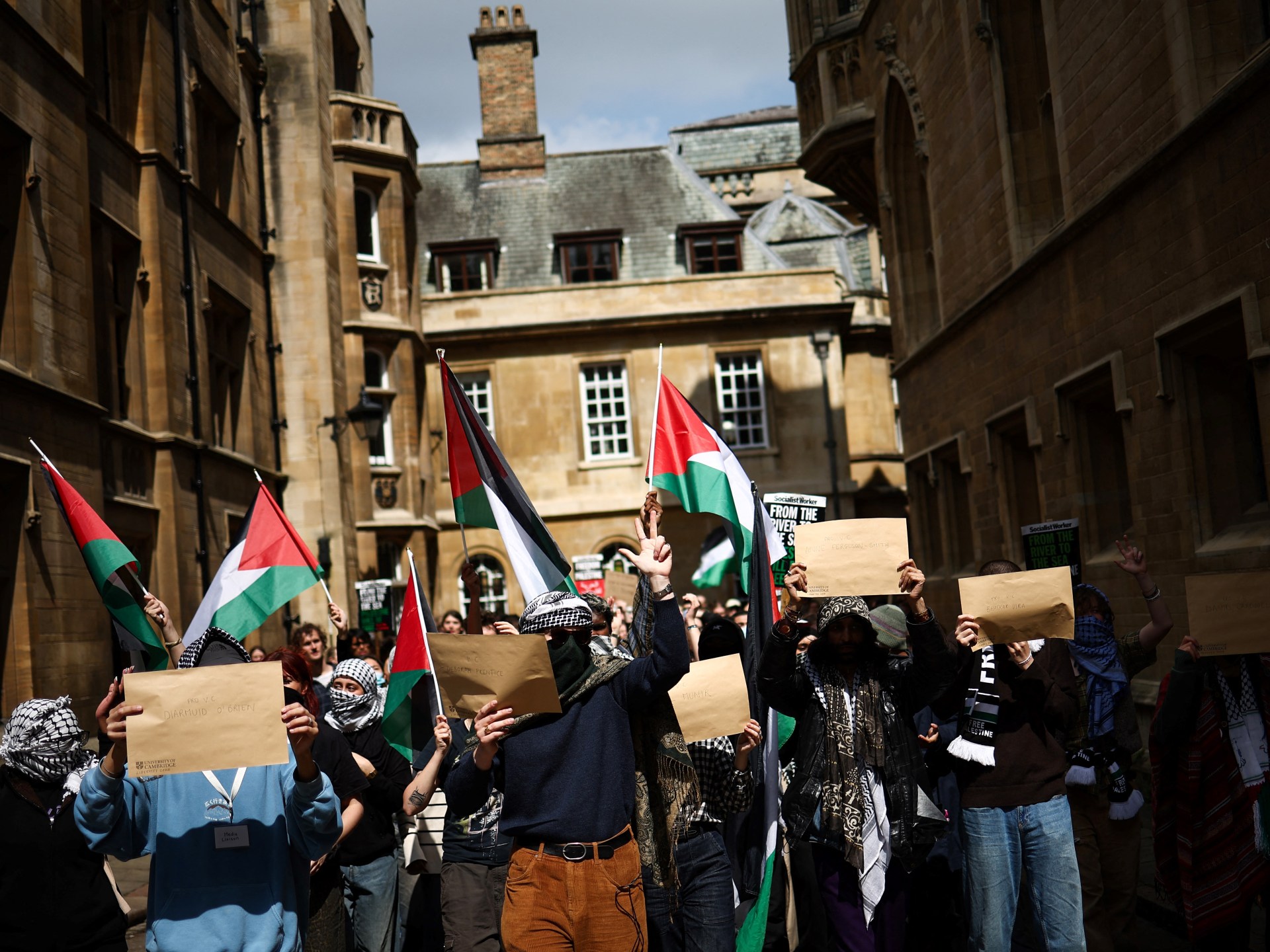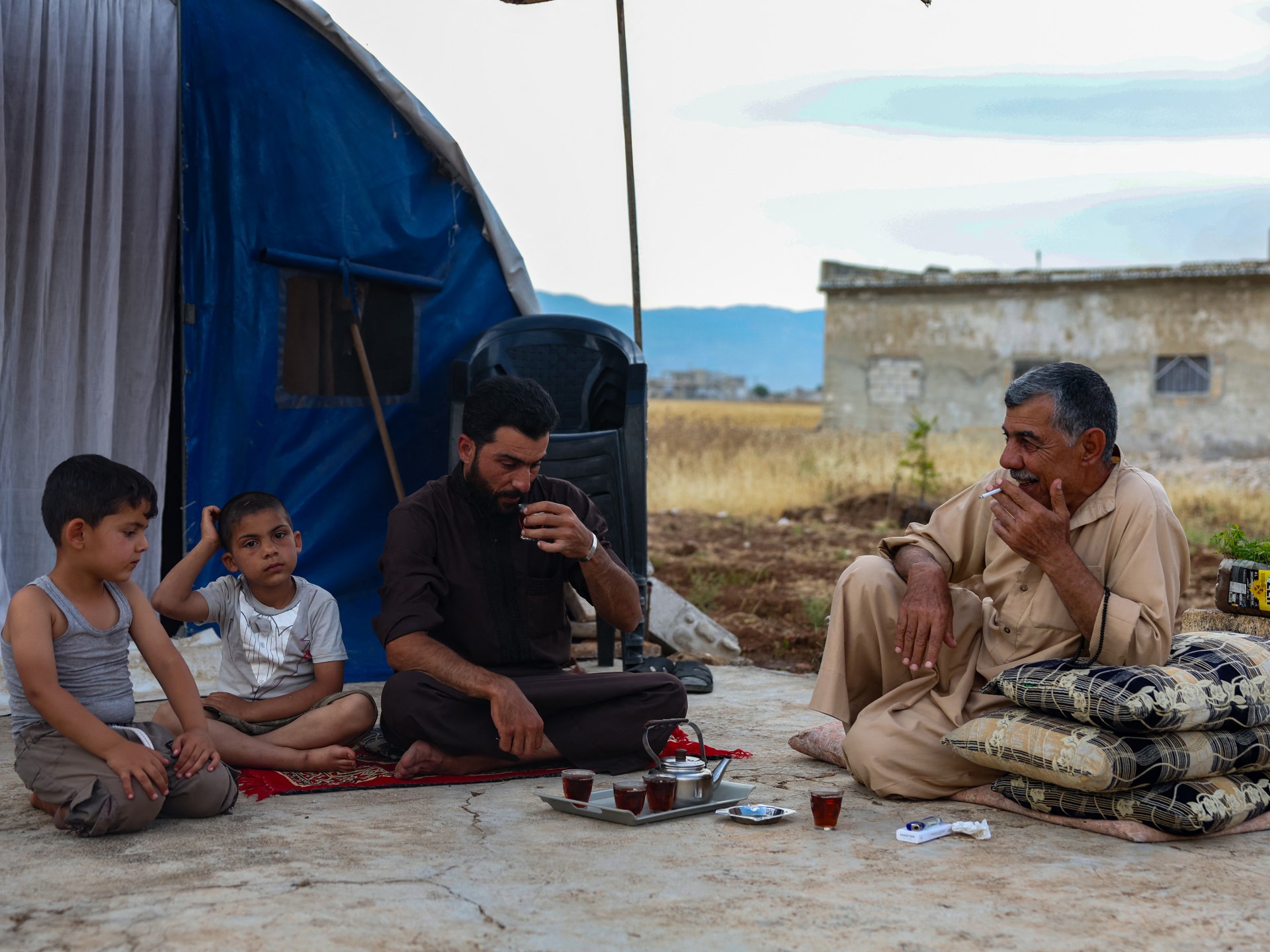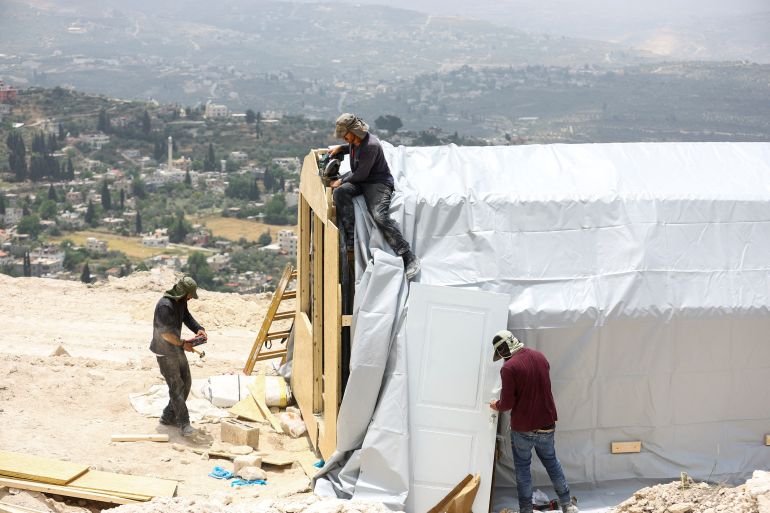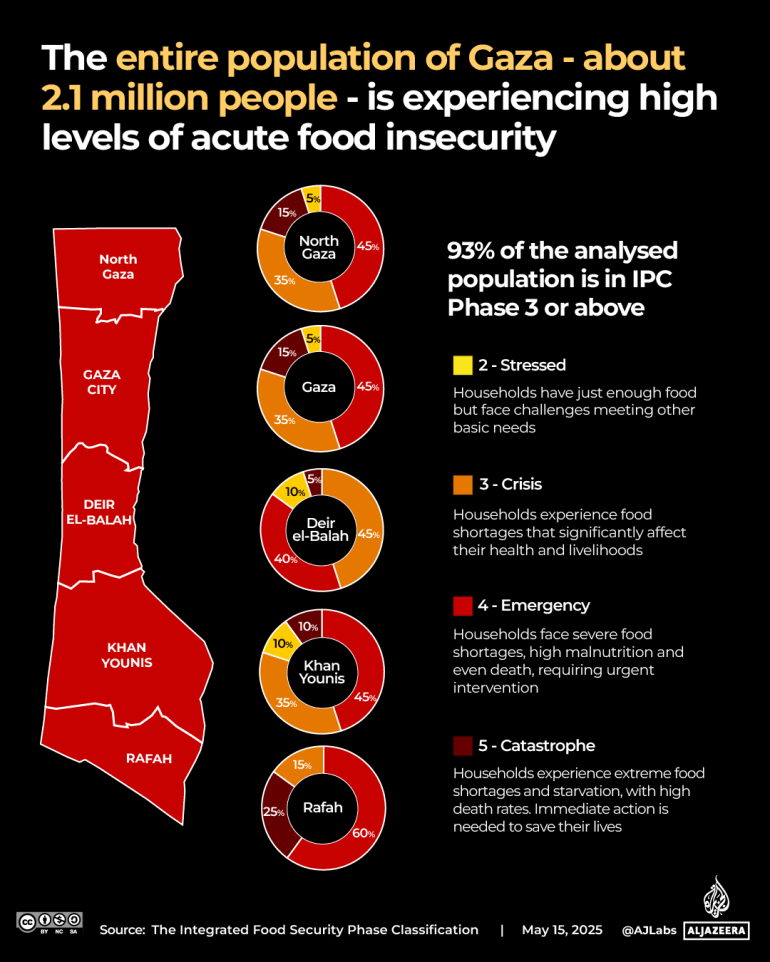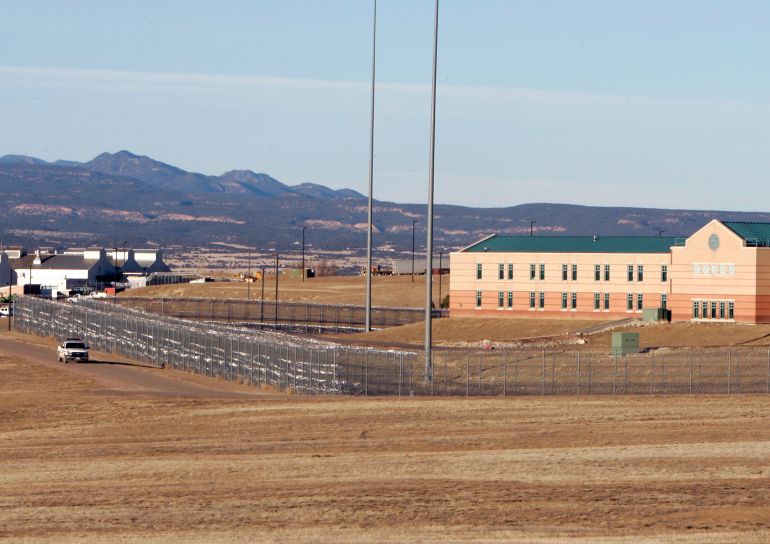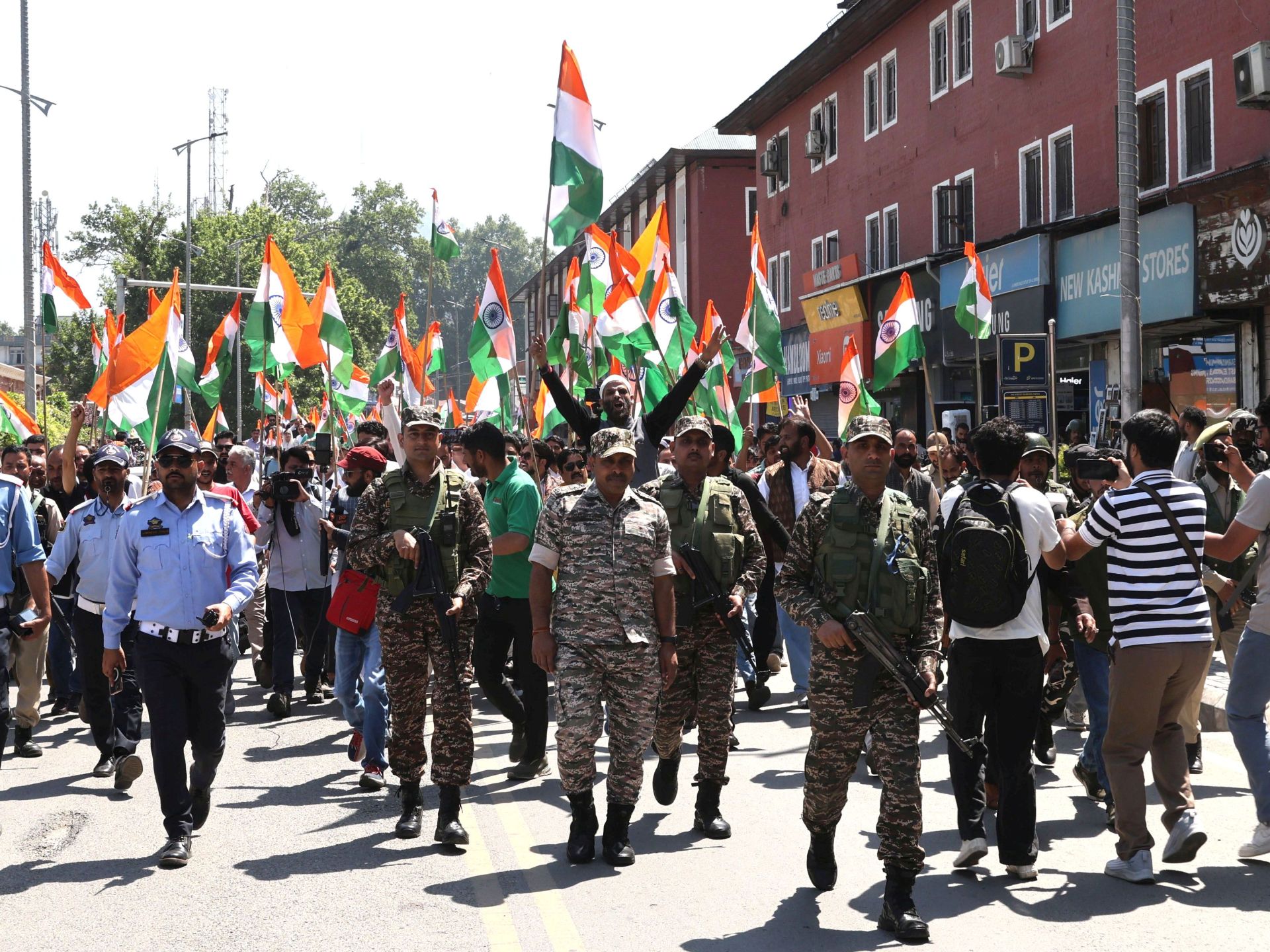Pro-Palestinian protests in response to the Gaza war have raised questions about how universities respond to human rights issues in the UK. However, there are other areas where people’s concerns about connections between British higher education and human rights violations.
Members of foreign security forces, including those who serve some of the world’s most oppressive regimes, are receiving postgraduate security and counterterrorism education from UK universities, according to a recent investigation by Freedom from Torture. Without examining their human rights records or taking any time to consider how British expertise might be used to silence, surveillance, or torture, these institutions are providing training to state agents.
According to the investigation, British universities could be exposing themselves to human rights abuses as well as risking providing training for some of the perpetrators. Some universities have even forged partnerships with foreign police forces that have witnessed widespread abuses of teaching in their own countries. People from nations where torture is a common tool of state control have been welcomed to courses offered by organizations that are geared toward serving security professionals. Without much oversight of the risks to human rights, all of this occurs.
These are not abstract issues. They prompt prompt, serious inquiries. What happens when dissidents are later hunted down using covert surveillance methods taught in British classrooms? Why don’t universities look into applicants’ backgrounds from regimes where “counterterrorism” is a common pretext for torture and arbitrary detention?
According to the investigation conducted by Freedom from Torture, universities across the UK  are accepting applications for security degrees from some of the most oppressive nations on the planet. Only one university in the study stated that it is screening applicants who they believe have “intend to” or “have committed human rights violations.
Torture survivors in the UK have spoken out about their shock that foreign nationals who have fled the country can access UK security education without conducting meaningful human rights checks. British universities, which have long been viewed as beacons of liberal values and intellectual freedom, appear to overlook the possibility that the knowledge they produce can be used to advance oppression and state violence.
Meanwhile, student activists nationwide are steadfastly establishing themselves as stakeholders in their institutions’ human rights records. Students will not hesitate to hold universities accountable when they believe their conduct in accordance with their values, as evidenced by the recent protests in Gaza.
The global student body has a rich history of activism, spread out all over the world. Young people have long been at the forefront of struggles against repression, from anti-apartheid solidarity campaigns to the student protests that started Myanmar’s uprising in 1988. The generation of today is no different from the one that is frequently referred to as the most socially conscious and connected generation in history. Universities should not come as a surprise that the young people they serve are interested in their performance in terms of human rights.
Businesses are now primarily judged on their human rights records in the corporate world. Business practices include terms like “ethical sourcing,” “responsible investment,” and “human rights due diligence.” No lower standard should be applied to universities, which take pride in being forward-thinking and socially responsible. It is inadmissible that many countries have no policy at all regarding international human rights risks.
That needs to change over the coming years.
Torture survivors who seek safety in the UK should not be concerned that the country’s educational institutions are training the same regimes that they fled. Universities should be able to comfort anyone who is truly concerned, whether it is their own students or those who have personally witnessed the worst abuses of power.
The university sector must get its house in order to accomplish this. This requires first implementing transparent human rights laws across the sector and conducting due diligence in order to control risks. The sector runs the risk of unintentionally contributing to global human rights violations if it doesn’t take these necessary steps.
Who is sitting in our classrooms, asks the universities? Who benefits from our training? And what effects might our teachings have? Despite the fact that this is one of the many urgent questions, the sector appears to be asking.
Universities in the UK must take decisive actions to prevent unintentionally advancing the tools of international repression and work toward establishing a human rights record that is respectable. It’s the right thing to do because it will appeal to a new generation of students who are activists.
*Here are full details of FfT’s investigation, including responses from universities.
